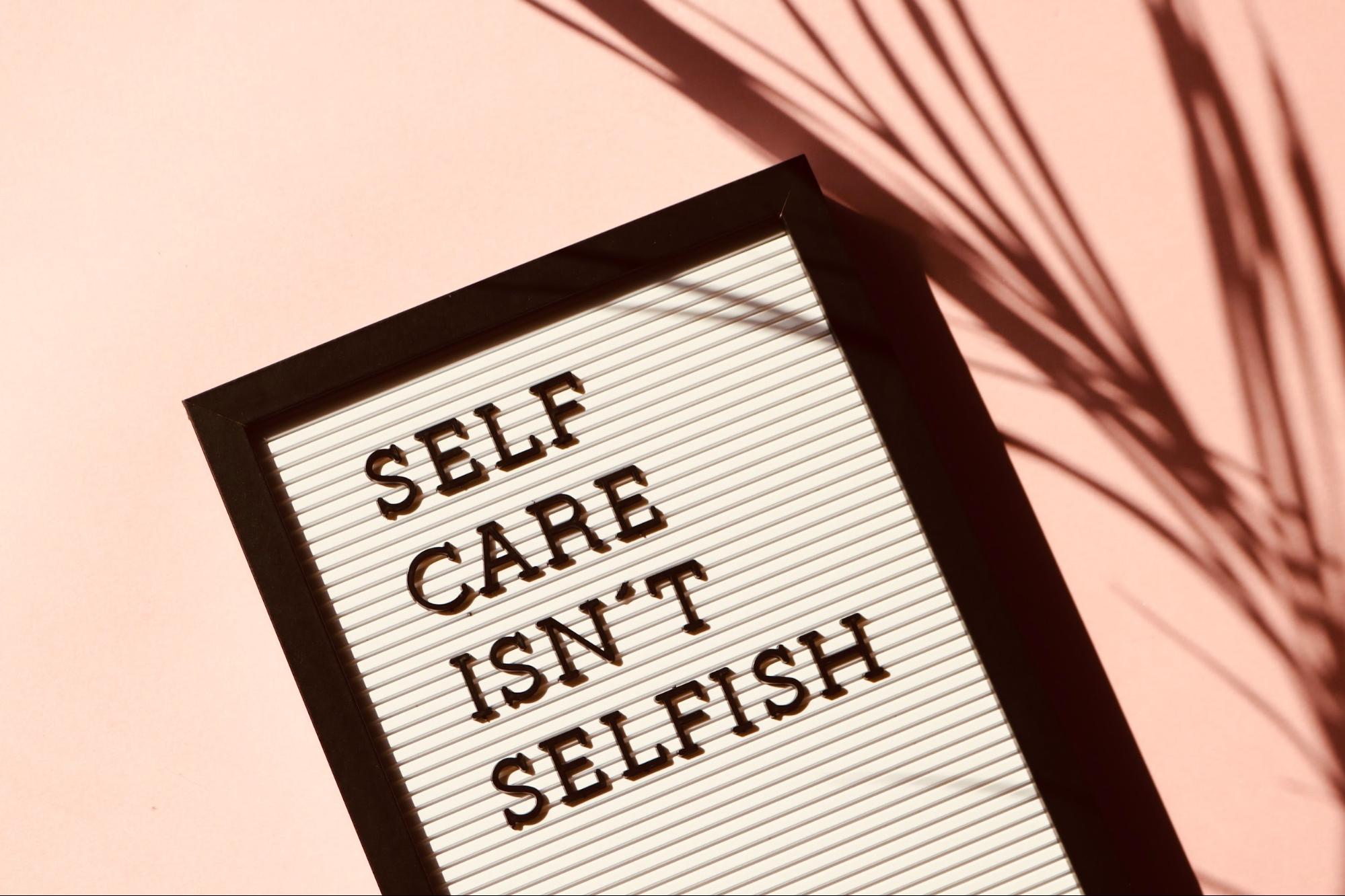SELF-CARE: 6 Things You’ll Need to Consider – (a holistic approach to taking care of You)
You’re stressed, you just lost your job, your girlfriend dumped you and you can’t figure out why. You keep pushing through it all and now you’re running on empty. What to do? First check to see if you’re taking care of yourself. But what does self-care really mean to you? You might interpret self-care as taking a bubble bath or going on a vacation.
The Oxford Dictionary defines self-care as: The practice of taking action to preserve or improve one’s own health. But for optimum mental health self-care is paramount, and it begins by knowing yourself, and providing yourself with what you need. What do you need at this moment in time?
Let’s take a holistic approach to self-care by ensuring 6 aspects of caring for yourself are addressed.
Let’s take a holistic approach to self-care by ensuring 6 aspects of caring for yourself are addressed.
Physical Self- Care – The Easy One

Self- Care and Your Body – This is the easy one. Good eating, proper sleep, paced routine, exercise. Movement of the body. Think of what is essential to keep you alive. As simple as breathing. You may think you’re doing everything you can. But, have you asked yourself: “How is the quality of my breathing?”
Are you sleeping? Resting? Both are essential for self-care. If not, find out what you need for sleep and rest. What’s the difference you may ask. Sleep is self explanatory. However rest encompasses quiet time, breaks, pauses. Rest is a day off, a few hours if it’s all you have. It may take help from others to solve this, reach out.
Pace yourself. Within your day, notice the speed you’re going. Ask yourself what pace would be sustainable? At the beginning of your day your energy is vibrant, while the last hours are not. Consider health breaks to sustain momentum, or change the activity to correlate to your energy level.

Sleep is often an overlooked part of self-care in its intricate layers (light, deep, REM, and awake times).
During sleep your body, mind and soul heals and repairs. Help yourself get this important daily step by setting the scene.
Establish a night time routine. Sequential actions will give your body cues of what to expect. It’s like a sunset indicating to the birds the day is coming to an end. Examples of steps you may integrate are: drinking a cup of tea, dimming the light, reading a book, aromatherapy, or music.
Self- Care and Your Environment – Your environment is a canvas for the activities you select. Take a look at your living space. Do you have adequate space for your purpose? Is it bright, ventilated, organized, peaceful, and quiet. Perhaps the right music would inspire the tone of the moment, upbeat for a vibrant activity or relaxing for a calmer project. The place to start is a good old fashioned purge or reorganization. This can do wonders for your sense of well-being.
Think of your environment as ambience.Create an atmosphere that inspires the activity you are partaking in. Like a romantic setting, your surroundings will set the proper mood.
Psychological Self-Care – Minding Your Mind

Psychological Self-Care Means – Learning new skills which expands your thinking and refreshes your perspective.
When an unwelcome thought enters your mind, challenge yourself. Ask if it is true or false. Perhaps part of the thought is true but a false element has woven around the truth. I call it thought sorting.
Thought sorting is mental self-care and it works like this. You choose what to think, but your feelings have a “mind of their own” and will determine how you feel. However, your thoughts are a choice and will have an impact on your feelings.
For example, if I tell you a story of a cute puppy I met the other day. While I am describing how fluffy and sweet his demeanor you will likely smile and welcome images of this pup in your mind.
While having these new thoughts you will have a sense of well being and perhaps joy and laughter. On the other hand, a negative thought would have an adverse effect. Consider practicing mindfulness or finding a good counsellor who can guide you, and help you gain insight and find your true self.
Here are some practical things you could do for emotional self-care.Develop emotional literacy as part of self-care. Expand your spectrum of emotional words. Be specific and more detailed. Learn stress management. Cultivate compassion for yourself and others. It’s important and can be taught. Laughter, often overlooked, is a great way to lighten up life. Giving permission to relax is another way to provide self-care.
Social Self- Care: Loneliness Can Kill You

Building a Support System – This is a crucial part of self-care for both emotional and mental health. Find support from caring people – family, friends, close relationship, networks, community.
Human beings are designed for connection. Building a sense of belonging, finding nourishing relationships, and creating healthy boundaries are all essential components of self-care. Weare built for connections and are meant to live in community. I have often observed these individuals that are involved in the community, whether through an organization or by their own creativity. These types of people mostly look happy, I believe it is because they have a sense of belonging and purpose. Friendship and groups do not always come with a direct invitation, this does not mean that one is rejected. It’s perfectly fine to ask and inquire if the seat on the bench is taken or ask permission to come visit. Initiation is communication. Asking is the best way to know. Could it be that the invitation is yours to give?
Reaching out – Social self care can mean asking for help. Even if this is hard for you, reaching out to a friend for companionship may be just what you need. Sometimes we need professional help. We all have times when we need an objective trained burden bearer. It takes courage to reach out.
Financial Self-Care: Your Needs versus Your Wants

We may not think of finances in relation to self-care but being responsible for your finances and having a healthy relationship with your money will reduce anxiety. Plus financial stress is at the top of the list in marital disputes.
Being in debt and binding monetary obligations minimize your living options and escalate stress. Differentiate between your needs (food, shelter, clothing) and your wants. What is necessary? What can you live without?
If your finances are in good order, then it is just one thing less to worry about. Ironically, finance is just one of your many resources. If you had to think about your emotions on a budget, you would probably consider the outcome before spending.
Spiritual Self-Care: Your Beliefs Create Your Reality

Your beliefs and values are what define you and are part of self-care. Your goals should reflect these principles. By abiding in what is important to you, your life will have meaning and purpose. Cultivate solitude, meditate, and connection to a higher power. Your personal values are a benchmark to live by. They represent your life mission statement and help establish boundaries more specifically. If you set a boundary your why would align with your values.
Self-Care is a juggling act, and remedies may heal more than one aspect of self-care. For example: going for a walk with a friend will impact the physical, emotional, and social aspects of self-care.
Albert Einstein put it in perspective with his definition of Insanity: Insanity is doing the same thing over and over and expecting different results. So what needs to change for you? Pause, step back and ask yourself What will it take for you to look after yourself so you can keep on keeping on top of your life.
Photo by Madison Inouye from Pexels


